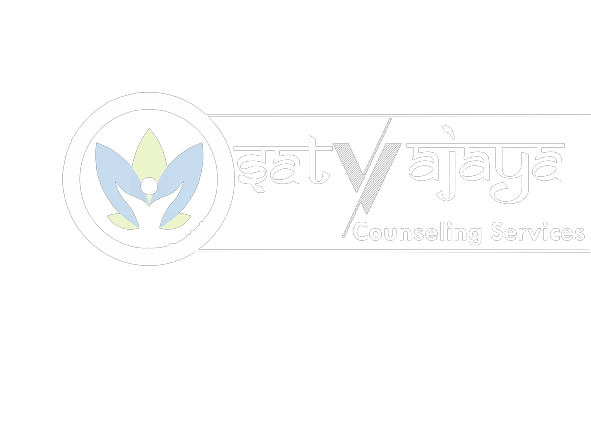Career counselling is no longer regarded as luxuries available only to a select few. It is being widely recognised as a critical requirement, particularly in educational contexts. Individual carrier growth is the goal of carrier counselling. While career counselling encompasses all counselling activities related to professional choices throughout the course of a person’s life, career development refers to a lifetime process of developing beliefs and values, skills and aptitudes, interests, personality traits, and knowledge of the workplace.
A career is a job or profession that involves particular training and is pursued as one’s life work. Our work is extremely essential in our lives since it determines our psychological, social, and economic profiles throughout the majority of our lives.
Work has become a significant means for many people to create their own identity, satisfy social needs, get pleasure through success, and find a sense of purpose and meaning in their lives. In our life, choosing a carrier is really important. The appropriate employment choice may provide a person with a fulfilling, comfortable, and intriguing existence. Choosing a career, acquiring a job, advancing in the work, maybe changing careers, and finally retiring are all part of the process of career planning. It is a decision-making process in which an individual strives to identify the best match between their professional preparation and aspirations and the reality of the workplace.
Individuals are becoming increasingly conscious of the need of planning and self-direction when it comes to developing a career/life path. Many people require assistance in making job selections, effectively manoeuvring various careers, transitions, and retraining and/or updating their abilities throughout their working life, due to the rapidly changing labour market.
In an ideal world, career counselling and advice would be interwoven throughout the school process. Programs in elementary/primary school should be structured to teach pupils about vocational responsibilities, the importance of labour in society, social behaviour, and responsible behaviours. Career advice programmes in middle school should be intended to assist kids build a conceptual understanding of core vocational skills, gain decision-making abilities, and connect the world of work.
Career advice programmes in high school and up to the 12th grade should focus on continuing career exploration through investigating preferences, interests, and aptitudes, as well as preparing for admission into higher training. In institutions of higher learning the needs of students can be met by having programs that help them re-valuate interests and aptitudes, reaffirm their choice of occupational/ educational streams, develop scientific career skills and plan for entry into a career field.
A growing body of research points to the necessity for an adult career counselling programme. The number of adults in the process of changing careers is on the rise. People are no longer content with a single stable employment throughout their lives. Privatization and downsizing are becoming more common. Some folks have seen a shift in their demands as they look for meaningful job.
Career decision involves
- Skill assessment
- Interest assessment
- Personality assessment
- Researching Occupations
- Career Decision
- Plan of action.
Career counselling for college students:
At this period of growth, the young adult in college is on the verge of deciding on a job and joining the workforce. At the college level, career advising programmes must be tailored to fulfil the requirements of students at various phases of career development. Establishing the professional development requirements of entry-level college students, as well as a way of tracking their progress, are important aims.
College students should benefit from knowledge, activities, and modules that encourage students to match vocations to their physical features and talents. Programs designed to help college students join the labour force for the first time are especially important.
College students should be aware of the connection between job options and educational needs. Educational awareness is having a working understanding of the educational options offered by certain institutions of higher learning.
Teaching students decision-making and planning skills include helping them through a number of phases as they develop professional objectives. Effective career decision making and planning requires refined self-knowledge, which includes interests, talents, values, and vocational expertise.
Work experience counselling gives people insight into the workplace and helps them to discover effective models. Work values, work settings, job routines, and other work-related concerns are very important to the newbie. Many college students want guidance in selecting a higher education school; understanding how to analyse the benefits and drawbacks of these institutions is vital.
Community visits and interviews with people in various occupations are appropriate activities for assisting college students in relating their own personal attributes to vocational criteria. The ability to relate things learned to work and describe sources of job knowledge are significant goals for professional development. Students should be encouraged through the process of developing a set of precise preferences and goals to implement following graduation.
Placement officers provide services to assist with job search preparation. Related tasks may include resume preparation, interview skills training, preparing for job interviews, job testing, and job listing.

